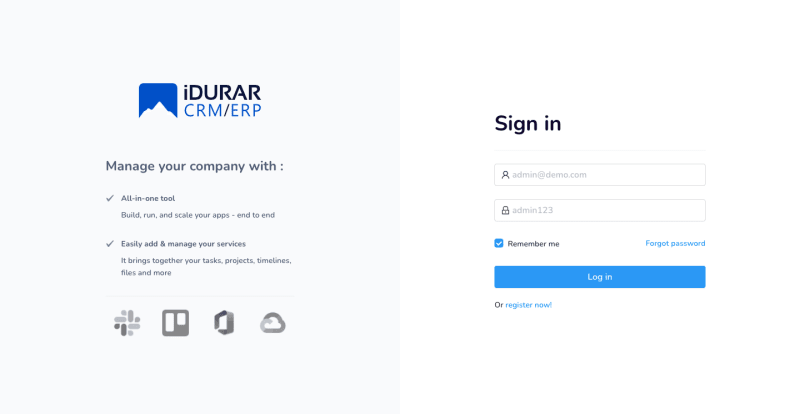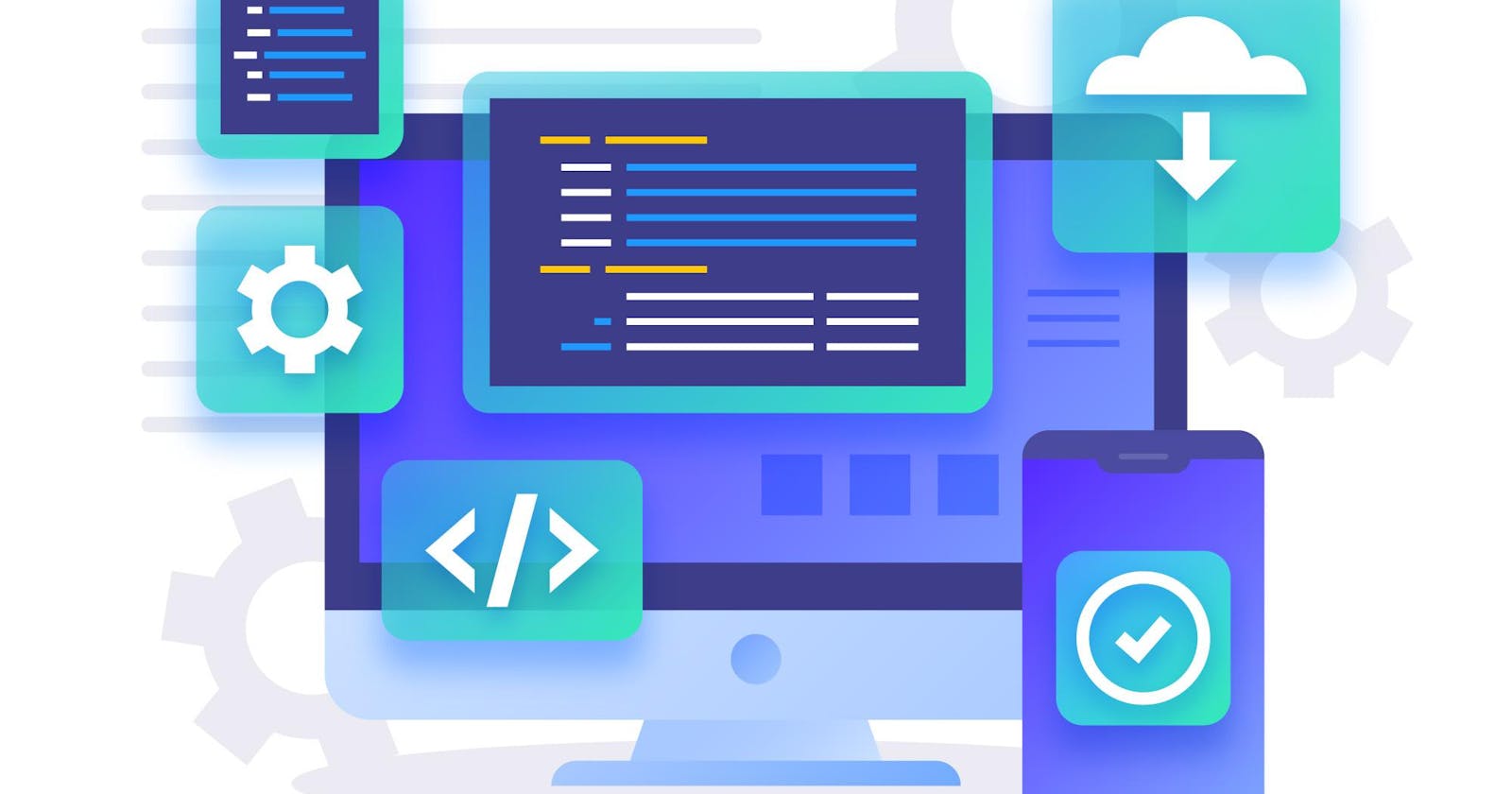How Contributing to Open Source Projects Can Help You Land Your Dream Job

In today's competitive job market, many aspiring developers wonder how they can stand out and secure their dream job without a computer science degree. The good news is that there is a path to success that bypasses traditional qualifications: contributing to open source projects. By actively participating in these projects, you can build the necessary skills, credibility, and professional network to open doors that might otherwise remain closed. In this article, we will explore how volunteering and contributing to open source projects can be a valuable resource for advancing your career in the tech industry.
Why Open Source Contributions Matter
Open source projects offer a unique opportunity for individuals to gain practical experience and showcase their abilities. These projects are collaborative efforts where developers from around the world work together to create and improve software that is freely available to the public. By contributing to these projects, you can demonstrate your coding skills, problem-solving abilities, and commitment to the development community.
Building Skills Through Volunteering
One of the key principles of leveraging open source projects to advance your career is continuous skill development. By volunteering for projects that challenge you and push you outside of your comfort zone, you can acquire new skills and expand your knowledge base. This not only enhances your abilities as a developer but also demonstrates your willingness to learn and grow.
When choosing projects to contribute to, don't be afraid to take on tasks that you may not know how to do yet. Embrace the opportunity to learn and stretch your capabilities. By actively seeking out projects that align with your interests and goals, you can develop expertise in specific areas and gain valuable experience that will set you apart from other candidates.
Building a Professional Network Through Service
Another crucial aspect of open source contributions is the opportunity to build a professional network. By offering your services to others without expecting anything in return, you can establish meaningful connections with experienced developers, project maintainers, and industry professionals.
When reaching out to potential collaborators, take the time to understand their needs and demonstrate your genuine interest in their work. By showing that you have taken the time to research their organization or project, you differentiate yourself from generic spammers. Craft a compelling story that highlights your credibility, passion, and the potential for a mutually beneficial relationship.
IDURAR is Open Source ERP/CRM (Invoice / Inventory / Accounting / HR) Based on Mern Stack (Node.js / Express.js / MongoDb / React.js ) with Ant Design (AntD) and Redux
GitHub Repository: https://github.com/idurar/idurar-erp-crm
The Journey: Five Projects to Success
To illustrate the power of open source contributions, let's explore the journey of a developer who leveraged volunteer work to land their dream job. By examining five key projects, we will uncover the strategies and principles that guided their path to success.
Project #1: Volunteering to Help One Person
The developer's journey began with a chance encounter in an elevator with a coding bootcamp graduate, whom we'll refer to as "Robert". After a conversation about their goals and aspirations, the developer volunteered to become Robert's coding mentor. This act of service not only allowed the developer to gain teaching experience but also helped them identify their strengths and weaknesses.
As they worked together to build a mobile app, the developer realized their talent for creating instructional videos. They also recognized the need for better organization and curriculum planning. While the collaboration with Robert didn't lead to a long-term partnership, it laid the foundation for the developer's next project.
Project #2: Creating Curriculum for FreeCodeCamp
Motivated by their experience with Robert, the developer sought out opportunities to contribute to a larger community. They discovered FreeCodeCamp, an open source platform that offers coding challenges and projects for aspiring developers. Inspired by the platform's mission, the developer reached out to the founder, Quincy Larson, to offer their assistance.
By leveraging their previous work with Robert as a testament to their skills, the developer secured a role in creating curriculum modules for FreeCodeCamp's vast user base. This project allowed them to showcase their abilities to a wider audience and collaborate with other volunteers. Despite initial concerns about their knowledge of object-oriented JavaScript, the developer embraced the challenge and sought additional resources to enhance their understanding.
Project #3: Case Studies on Senior Developers
As the developer worked alongside other bootcamp graduates on FreeCodeCamp's curriculum, they realized the importance of continuous growth and learning. Through interviews with their peers, they identified a common desire among junior developers to progress to senior-level roles. This insight inspired the developer to conduct case studies on senior developers, exploring their challenges and thought processes.
By interviewing experienced developers, the developer gained valuable insights into the path to seniority. These findings not only enriched their own understanding but also provided content for a blog post and a video interview. The developer's commitment to sharing knowledge and creating valuable resources further strengthened their professional reputation.
Project #4: Building a Classroom Mode Feature for FreeCodeCamp
Recognizing the need to support teachers using FreeCodeCamp in the classroom, the developer proposed the creation of a "classroom mode" feature. They recruited a team of volunteers, including a UX designer, project manager, and other developers, to tackle this project. To gather insights from potential users, the team conducted user interviews with teachers worldwide.
These interviews provided valuable feedback and guided the development of interactive wireframes for the classroom mode feature. The team's collaboration, facilitated by connections made during the developer's reconnaissance work, demonstrated the power of taking action without expecting immediate returns. Through their efforts, the developer not only contributed to a widely-used platform but also expanded their professional network.
Project #5: Volunteering at a Summer Bootcamp
During their journey, the developer had the opportunity to connect with Dr. Sathya Narayanan, a professor at California State University (Monterey Bay) who was leading an innovative cohort-based program. Impressed by Dr. Narayanan's vision, the developer offered their assistance at a summer bootcamp focused on data structures. This experience allowed them to contribute to a groundbreaking educational model and establish a meaningful relationship with a potential employer.
At the end of the bootcamp, Dr. Narayanan mentioned an open lecturer position at CSUMB. Despite the traditional requirement of a master's degree, he recognized the developer's potential and waived the requirement. The developer's commitment to their dream job, combined with their track record of volunteer work and open source contributions, ultimately led to their successful transition into the role they had long aspired to.
Conclusion: The Power of Open Source Contributions
The developer's journey serves as a testament to the transformative power of open source contributions. By volunteering their time and expertise, they were able to acquire new skills, build a professional network, and secure their dream job. The key principles that guided their success were continuous skill development and self-improvement, as well as a genuine commitment to serving others.
If you aspire to get involved in open source projects, take inspiration from this story and embark on your own journey. Start by identifying your "dream job" and aligning your volunteer work with your passions and goals. Embrace opportunities to learn and grow, and be proactive in building connections within the development community. Remember, success in the tech industry is not solely determined by formal qualifications but by your ability to contribute meaningfully and make a difference.
So, why wait? Begin your open source journey today and unlock a world of opportunities that can lead you to your dream job.

